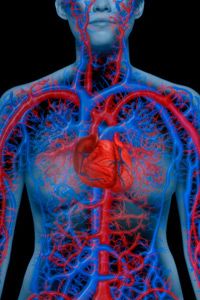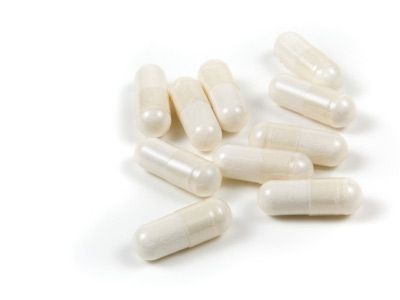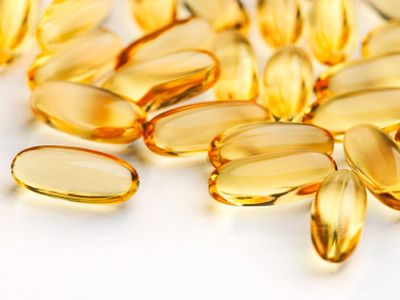Wow, that guy looks good with his rippling abs, immense pecs, biceps the size of melons -- and it looks like he doesn't have even one ounce of body fat. He points confidently to the camera and announces it's all due to daily supplements of an incredible little amino acid, L-arginine. It's a miracle treatment, a naturally occurring chemical with all the benefits of human growth hormone.
Can you trust him?
Advertisement
He's right about one thing: L-arginine (also called just plain arginine) is indeed an amino acid. Can it improve your health? Yes, in some cases. Is it going to turn you into a strapping, muscle-bound colossus? No, and taking as much as that guy recommends may actually damage your health.
L-arginine helps the body get rid of waste and synthesize proteins. Certain conditions such as severe burns, sepsis, jaundice, protein deficiencies and malnutrition can affect your ability to produce L-arginine [source: Drugs.com]. So can dialysis. People who don't have enough L-arginine may have symptoms such as constipation, alopecia (hair loss) and skin problems. Their wounds may heal slowly, and fat may have built up in their livers [source: Mayo Clinic].
This article will tell you a bit more about L-arginine: what it does and doesn't do, what we know and what we don't, the benefits and risks of taking it, and its role in human growth.
Advertisement



